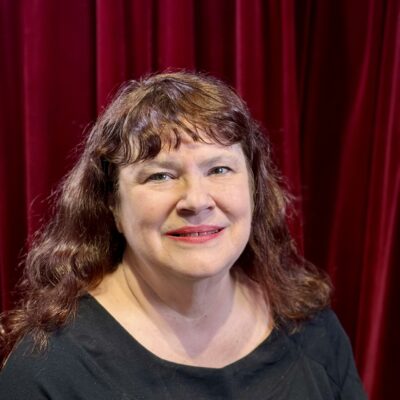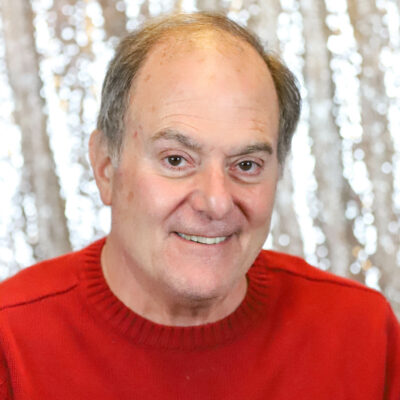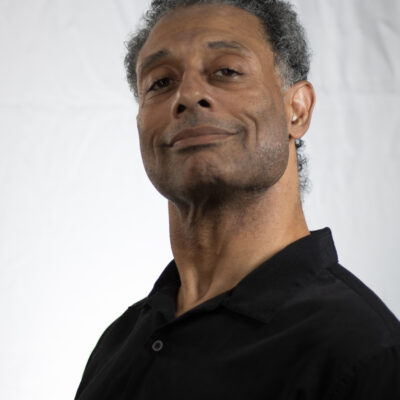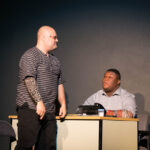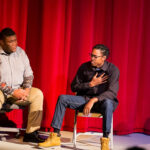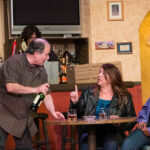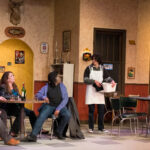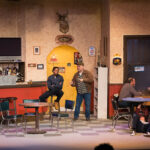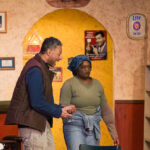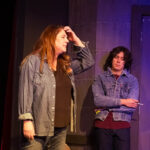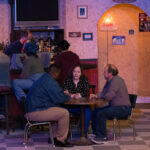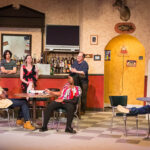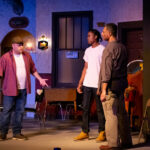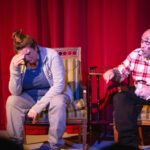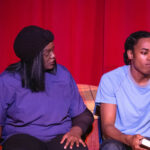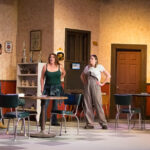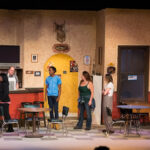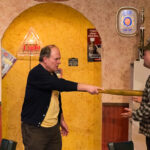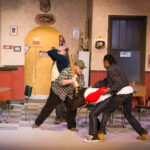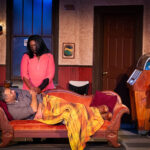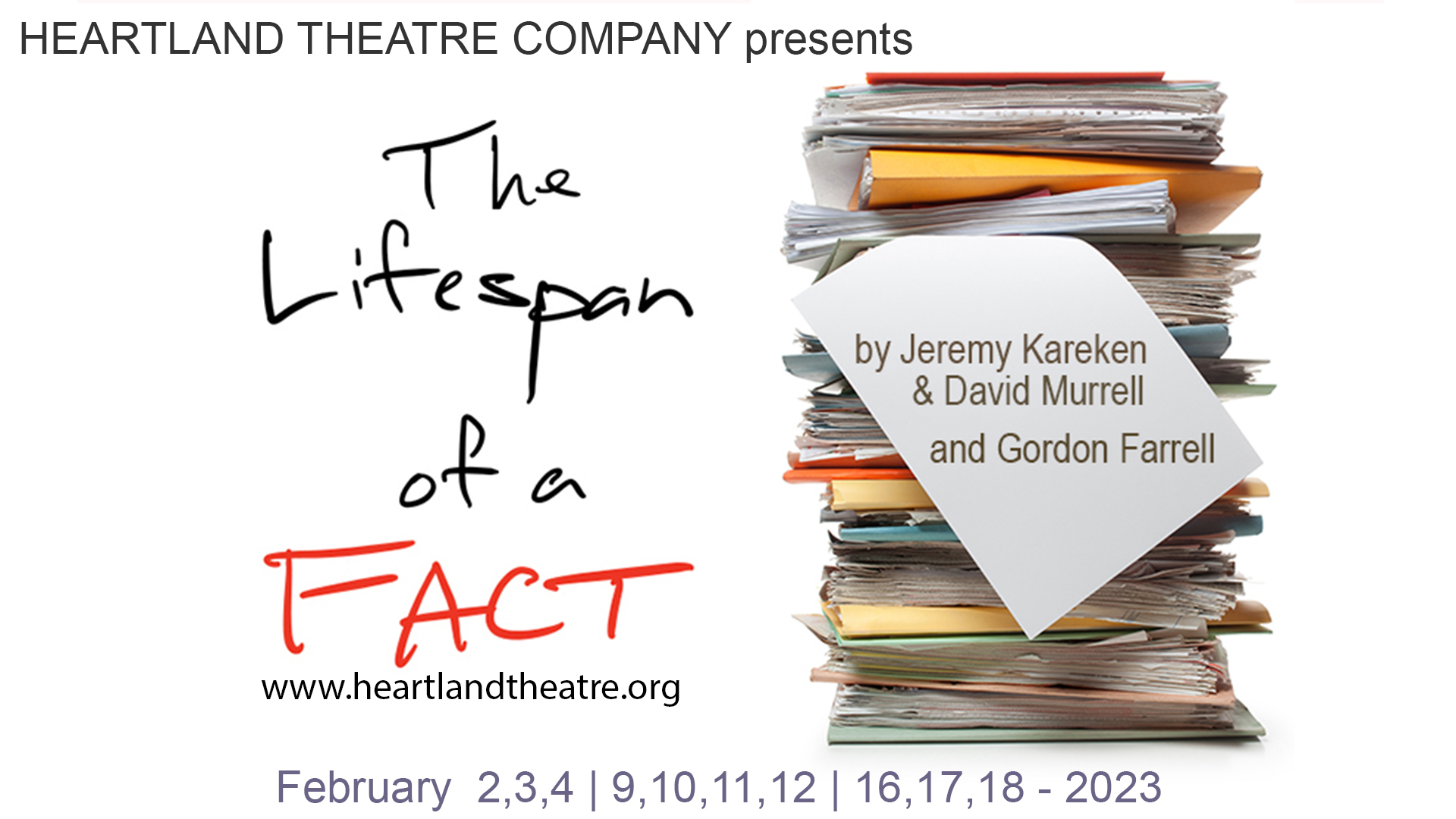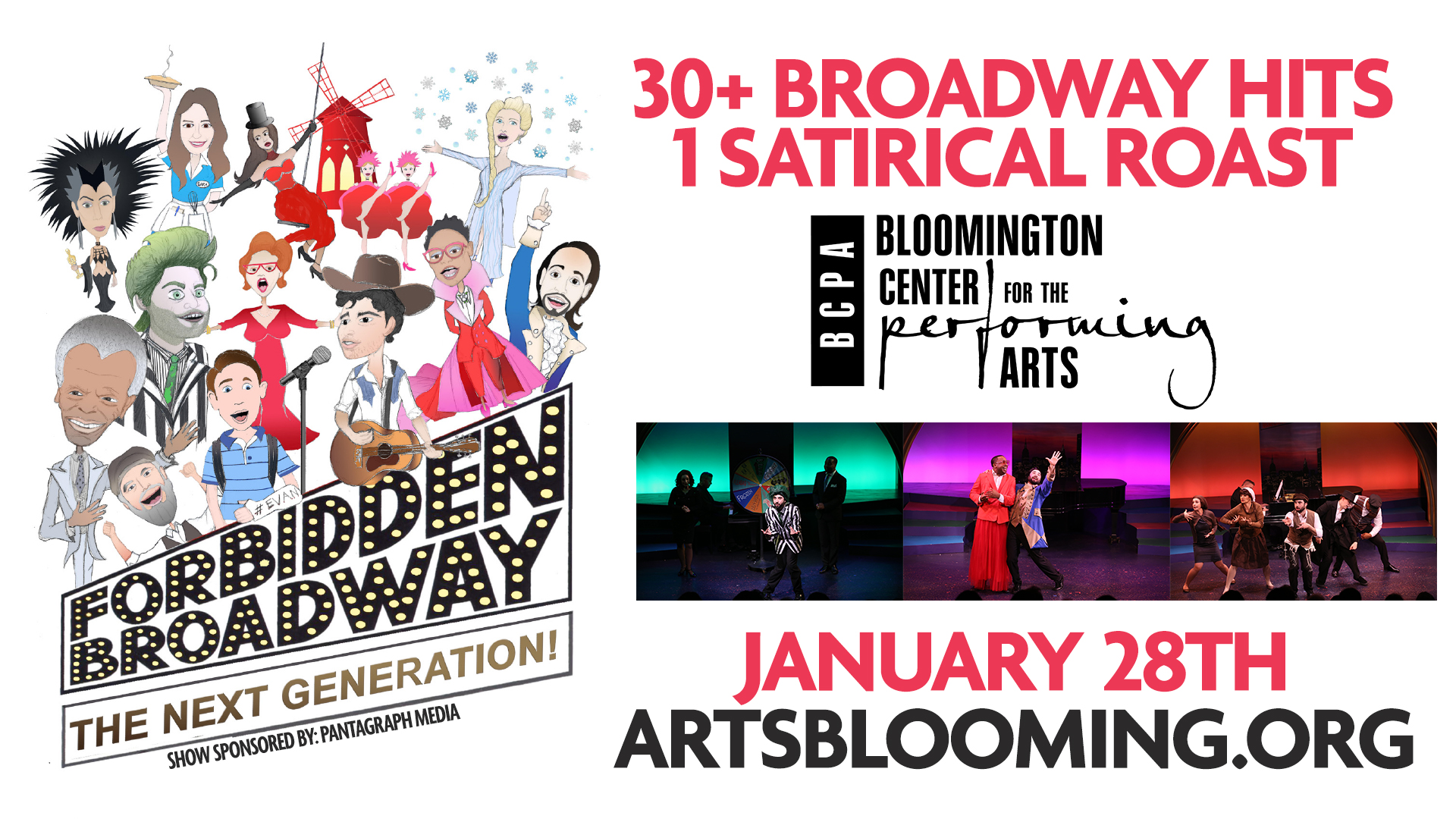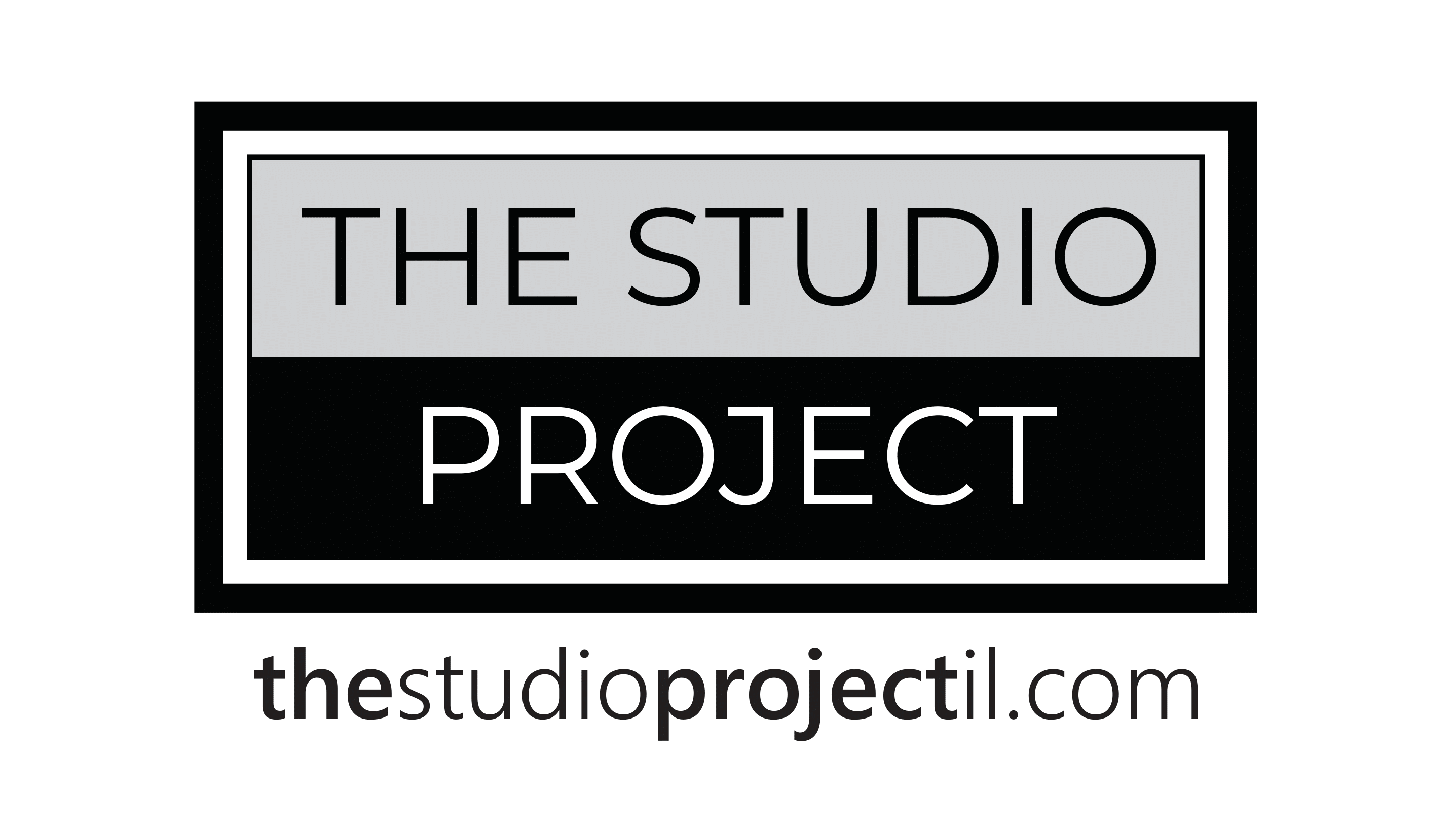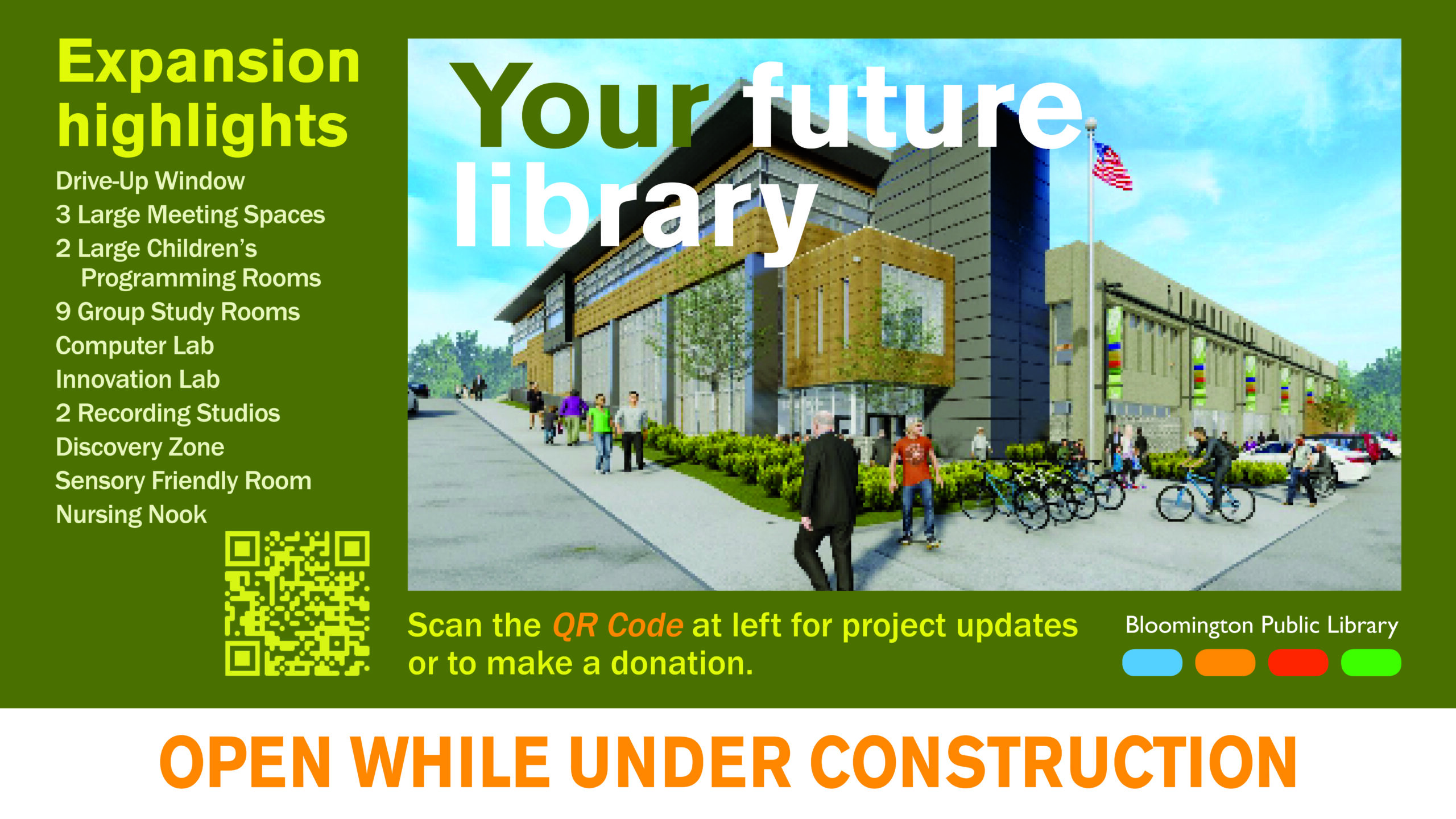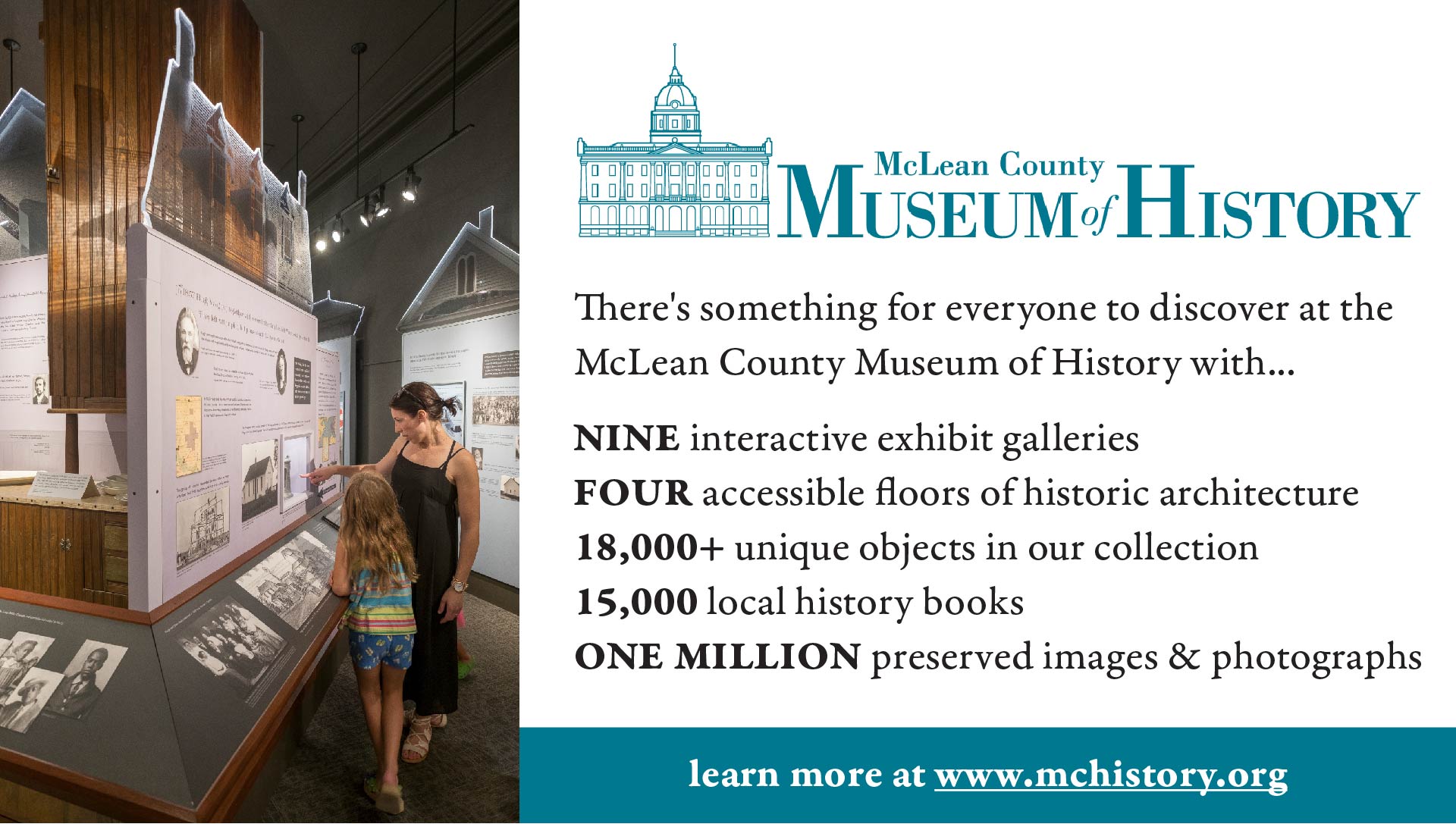Sweat
Auditions
November 7 & 8, 2022 @ 7pm
Preview
January 5, 2023
Performances
January 6-8 & 13-15, 2023
Preview, Fridays & Saturdays @ 7:30pm • Sundays @ 2:30pm
Rating
For mature audiences only
This show contains strong language throughout, mild violence, mild sexual reference, and explores racism. Not recommended for under age 18.
Venue
Community Players Theatre
by Lynn Nottage
Synopsis
Taking place at a dive bar in Pennsylvania, Sweat portrays a meeting between a parole officer and two ex-convicts, as well as three women who were childhood friends and now work together in the same factory. Filled with warm humor and tremendous heart, Sweat tells the story of a group of friends who have spent their lives sharing drinks, secrets, and laughs while working together on the factory floor. The play examines the disintegration of a friendship, after two of the women – one white, one black – apply for the same management job. But when layoffs and picket lines begin to chip away at their trust, the friends find themselves pitted against each other in a heart-wrenching fight to stay afloat.
Special Thanks
Nellie Stiles, Patti Lollis Geske, Chris Terven, Dan Virtue, Matt Dratt, Rich Plotkin, Scott Myers, ISU Theater Department
Crew
Cast
Director's Note
What does it mean to be truly “American”? Is it earned, or a birthright? Who deserves the best opportunities as an American? Does it require being born in a certain county or region? Being a certain color? These are questions asked by Lynn Nottage in the 2017 Pulitzer prize winning play “Sweat.”
Set in the backdrop of a blue-collar town in Pennsylvania, we watch an industrial workforce clash with underlying racial tensions as the result of corporate greed; the result of the North American Fair Trade Agreement effectively killing unions and sending jobs to a country where “a woman like you will stand for 16 hours and be happy making a fraction of what they’re paying you.” With one violent eruption, we see decades-long friendships fragmented and broken over skin color in the name of livelihood.
I can’t help to be amazed at the foreboding this play gives in 2017 of the racism, violence, and greed that erupted during the summer of 2020; when the terrified uncertainty of COVID clashed with the murder of George Floyd, causing a backdraft of political divide and hatred. The stories I heard of families split, of friendships ended, of pervasive racism and xenophobia, were heartbreaking.
Newscasters would tell us “we’re better than this.” But were we? Are we? Perhaps that’s the most important question of all. I hope “the way it should be” becomes “the way it is” someday soon. This play is a good start.



